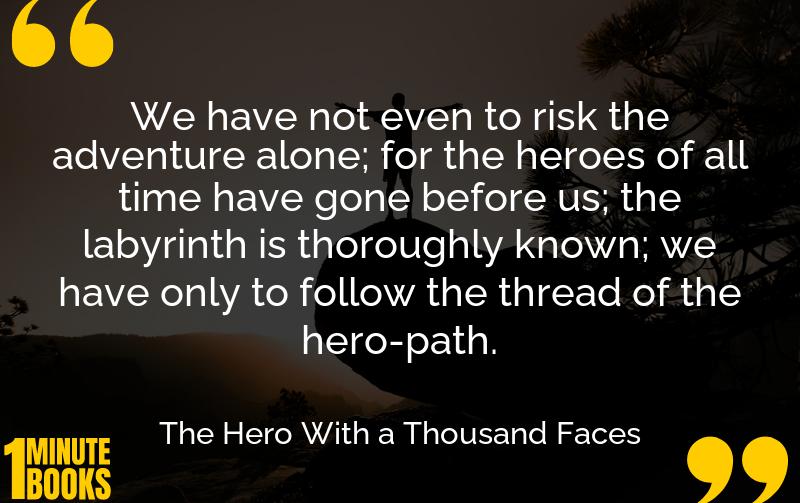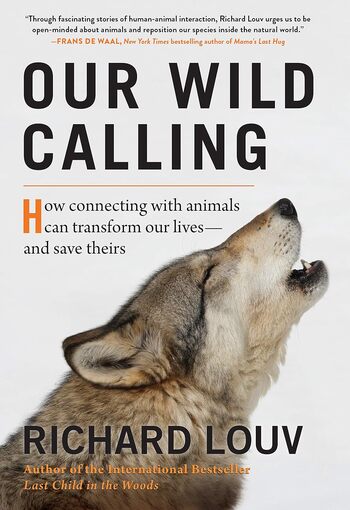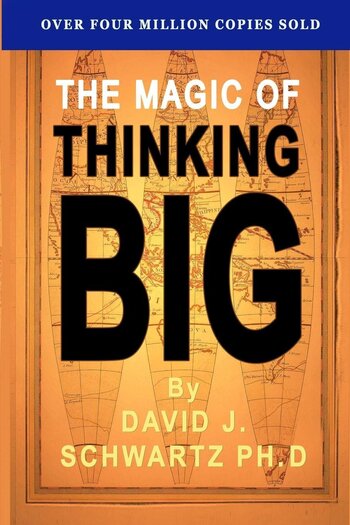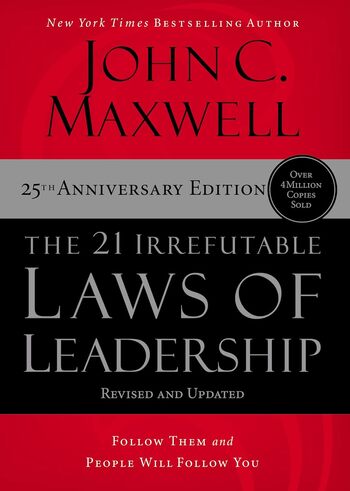
Joseph Campbell explores the concept of the ‘monomyth,’ suggesting all myths share universal archetypes and narratives, reflecting a shared human experience.
Main Lessons
- The monomyth, or hero’s journey, presents a universal narrative structure found in myths across cultures.
- Campbell suggests that myths reflect shared psychological patterns and human experiences.
- The book highlights stages like the call to adventure, belly of the whale, and return, present in varying forms across myths.
- Critics argue Campbell’s reliance on Freudian theory overemphasizes outdated psychological ideas.
- Jungian concepts such as archetypes and the collective unconscious are also intertwined with myths.
- Campbell’s work is credited with influencing popular culture, notably the Star Wars saga.
- The complexity and jargon in the book may alienate readers seeking an accessible exploration of mythology.
- Understanding mythology as a reflection of cultural and personal identity enriches our self-awareness.
- Analyzing recurring mythological themes provides insight into societal values and challenges.
- The hero’s journey serves as a metaphor for personal growth, challenges, and transformation in life.








